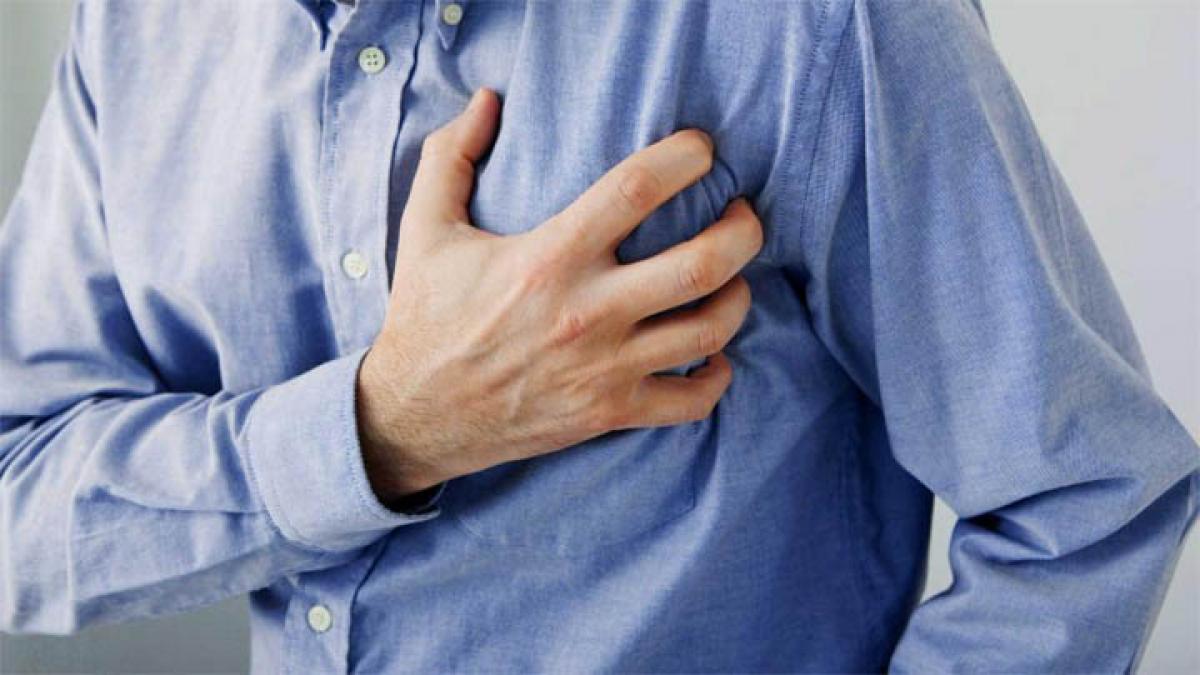Heart attack deaths caused by insufficient heart pumping

Heart failure is on the rise in this country because of poorly managed lifestyle and food habits and in many cases death occurs due to insufficient heart pumping, a recent study stated.
Heart failure is on the rise in this country because of poorly managed lifestyle and food habits and in many cases death occurs due to insufficient heart pumping, a recent study stated.
While a lot is known about coronary artery blockages and deaths due to sudden cardiac arrests because of it, there are lot many other reasons which lead to insufficient heart pumping (known as ejection fraction in medical terminology) causing heart failures.

"Ironically, patients and even a significant number of people among the medical community are not aware about this issue. We hope to undertake a lot of programmes that target masses and the medical community towards building awareness about heart failure," senior interventional cardiologist, Dr Shahid Merchant said here. Dr Merchant, undertook a pilot study involving 57 patients suffering from heart failure and monitored their progress over the last one year.
"Heart failure means that a person's heart pumping (known as ejection fraction in medical terminology) is less than 40 per cent, which means that the heart is ejecting only 40 per cent of forward blood to the body as against the normal 60 per cent," he said. As per estimates, the number of people with heart diseases in India is projected to increase from 105 million in 2011 (8.4 per cent of population) to 376 million in 2025 (21.6 per cent of population), he said.
Shortness of breath, tiredness, ankle swelling, dry cough or breathlessness, specially when lying down, could be the symptoms for heart failure, Dr Merchant said. Experts say that in initial stages, heart failure cases can be treated by addressing hypertension, diabetes, dyslipidaemia, ACE-inhibitors or ARBs in some patients. However, in advanced cases one can look at ACE-inhibitors and beta blockers in all patients, dietary sodium restriction, diuretics and digoxin, cardiac resynchronisation, revascularisation, mitral valve surgery among other available advanced medical options, Dr Merchant added.
Next Story














